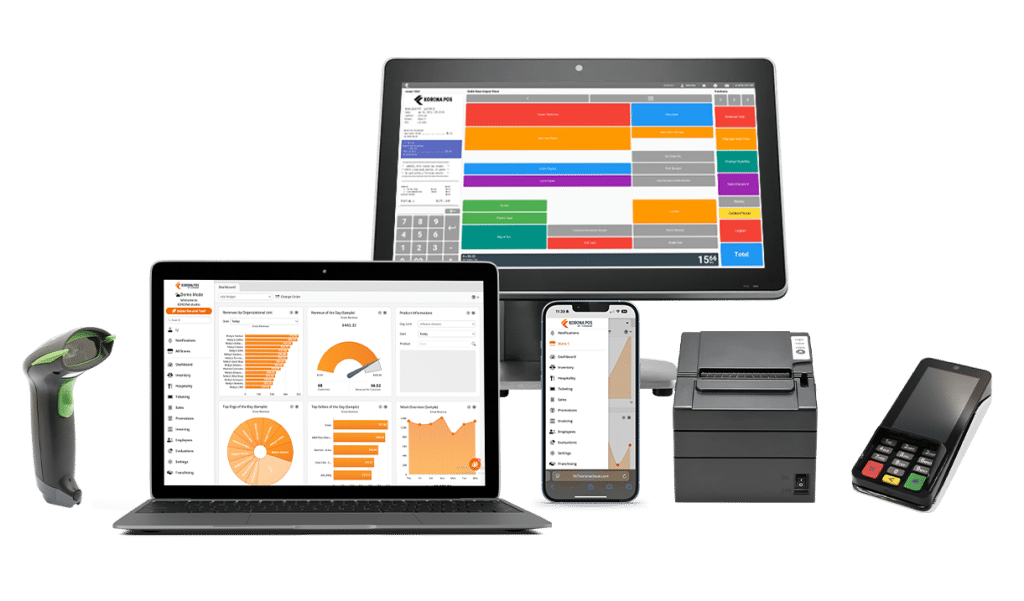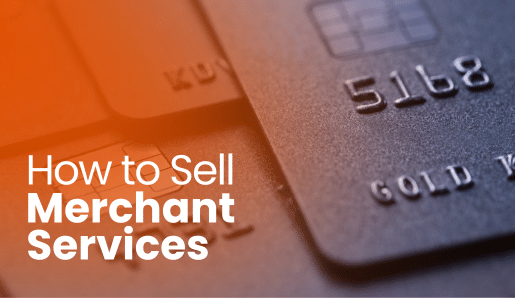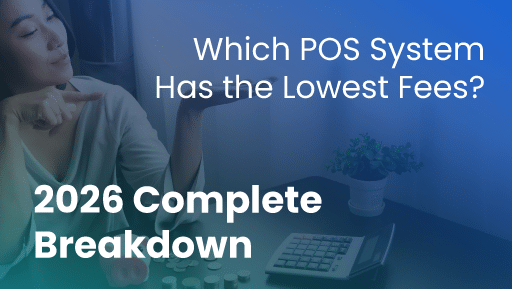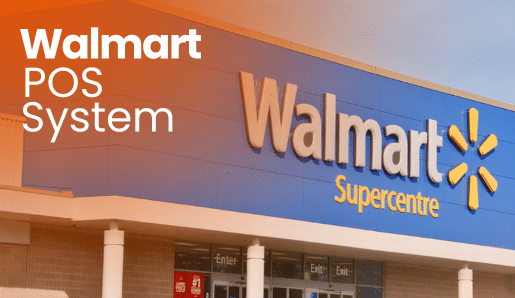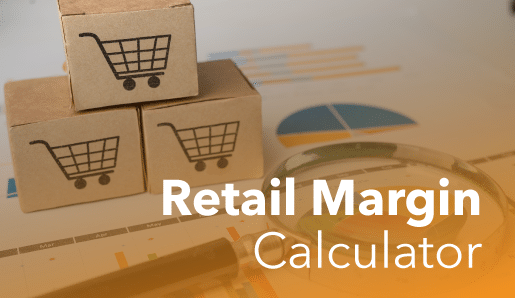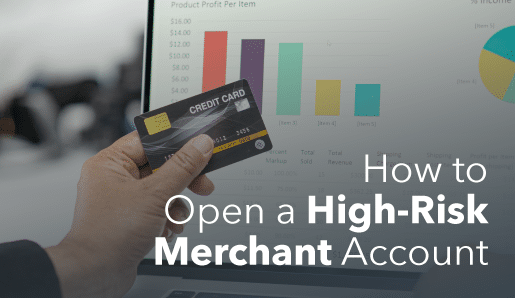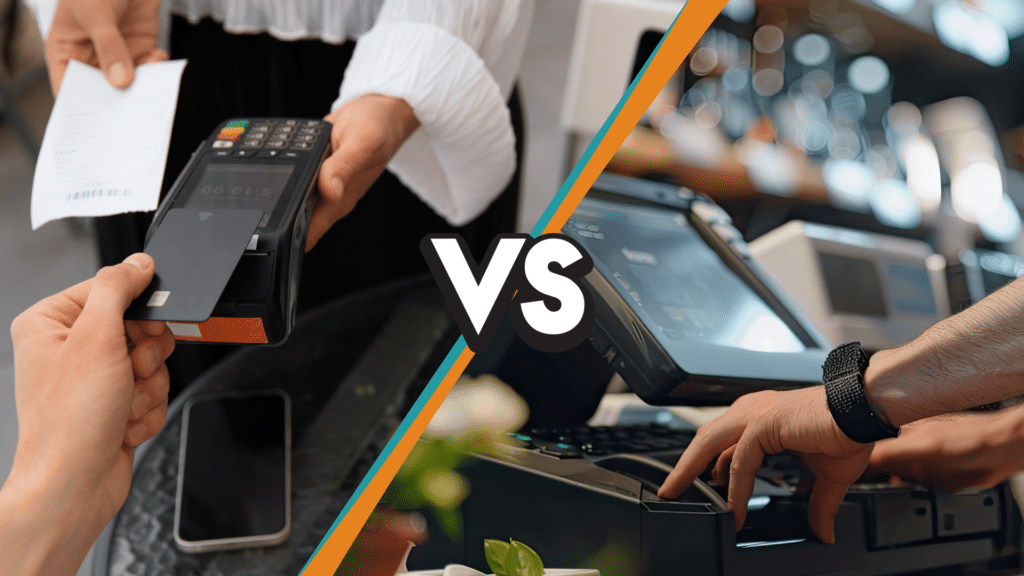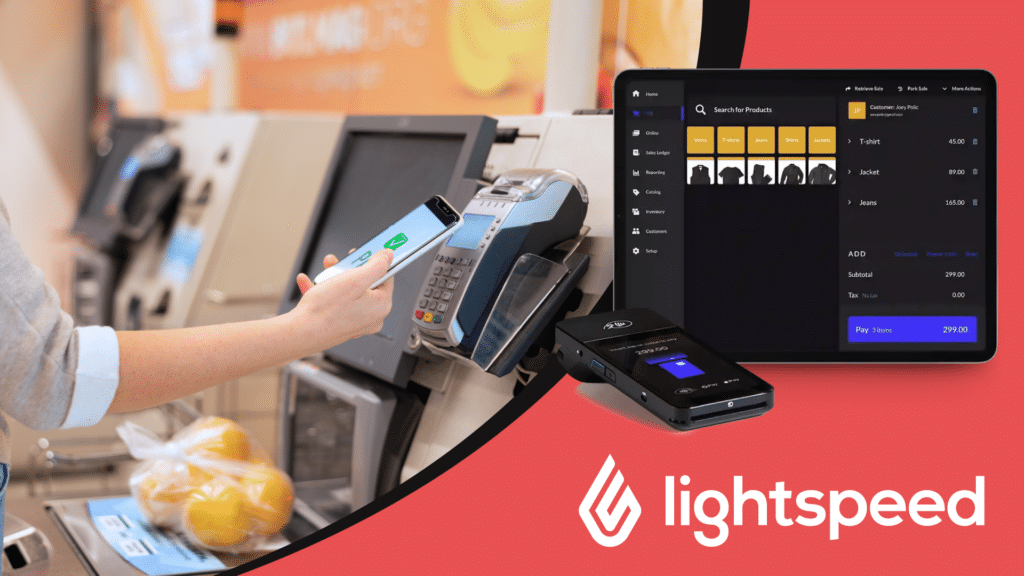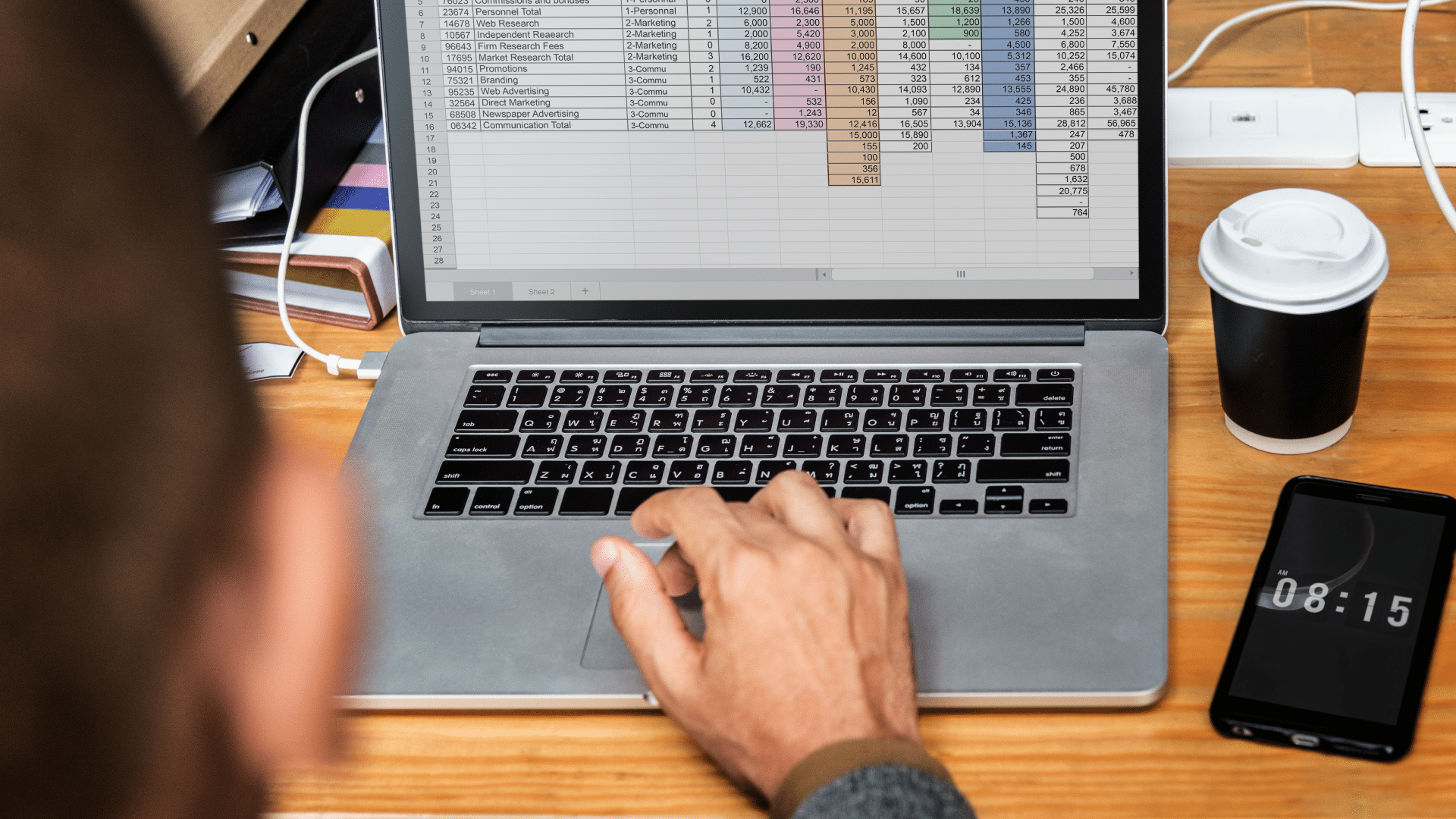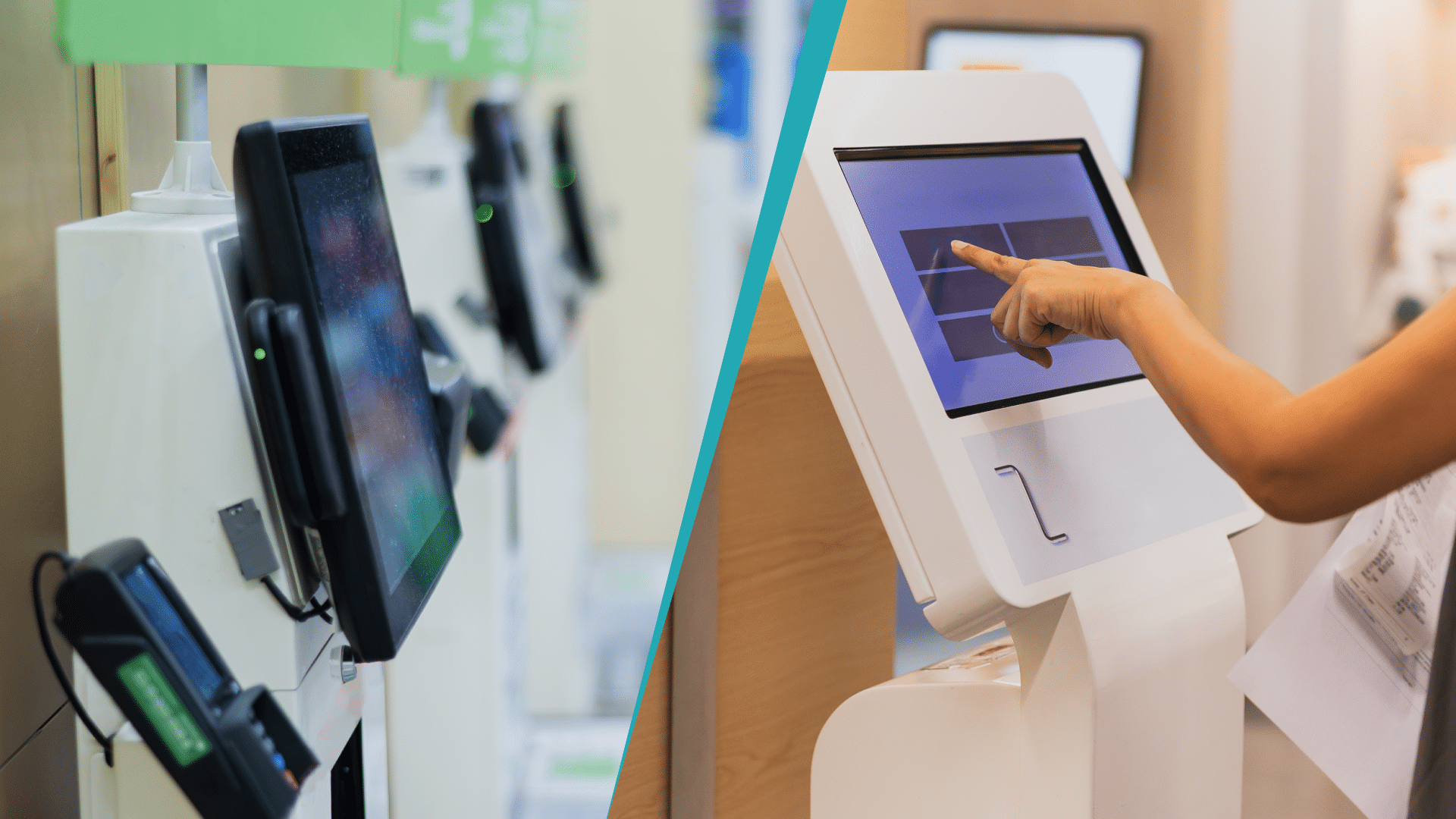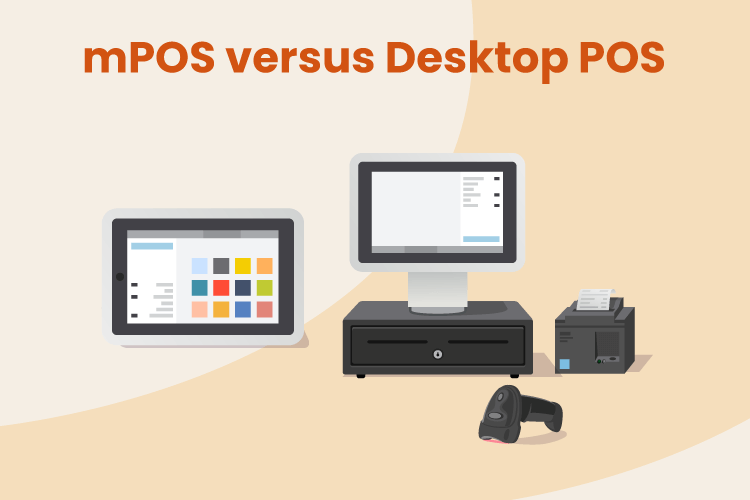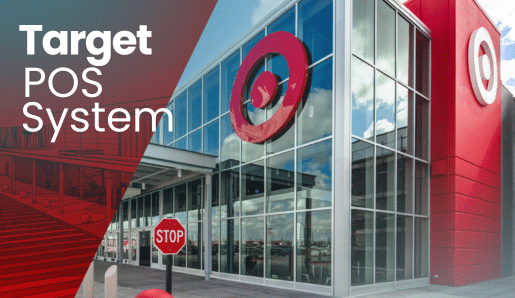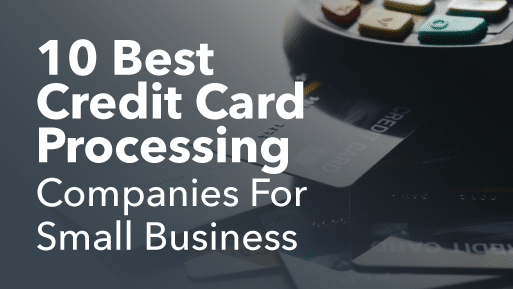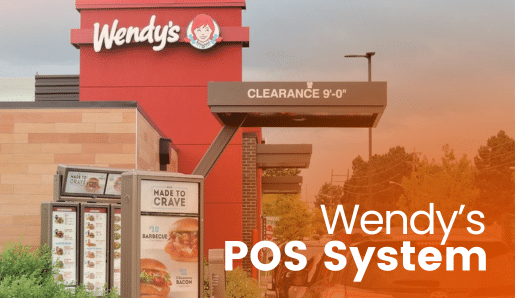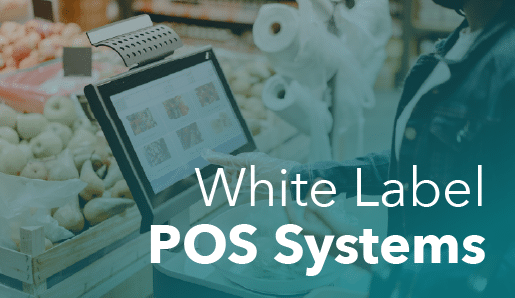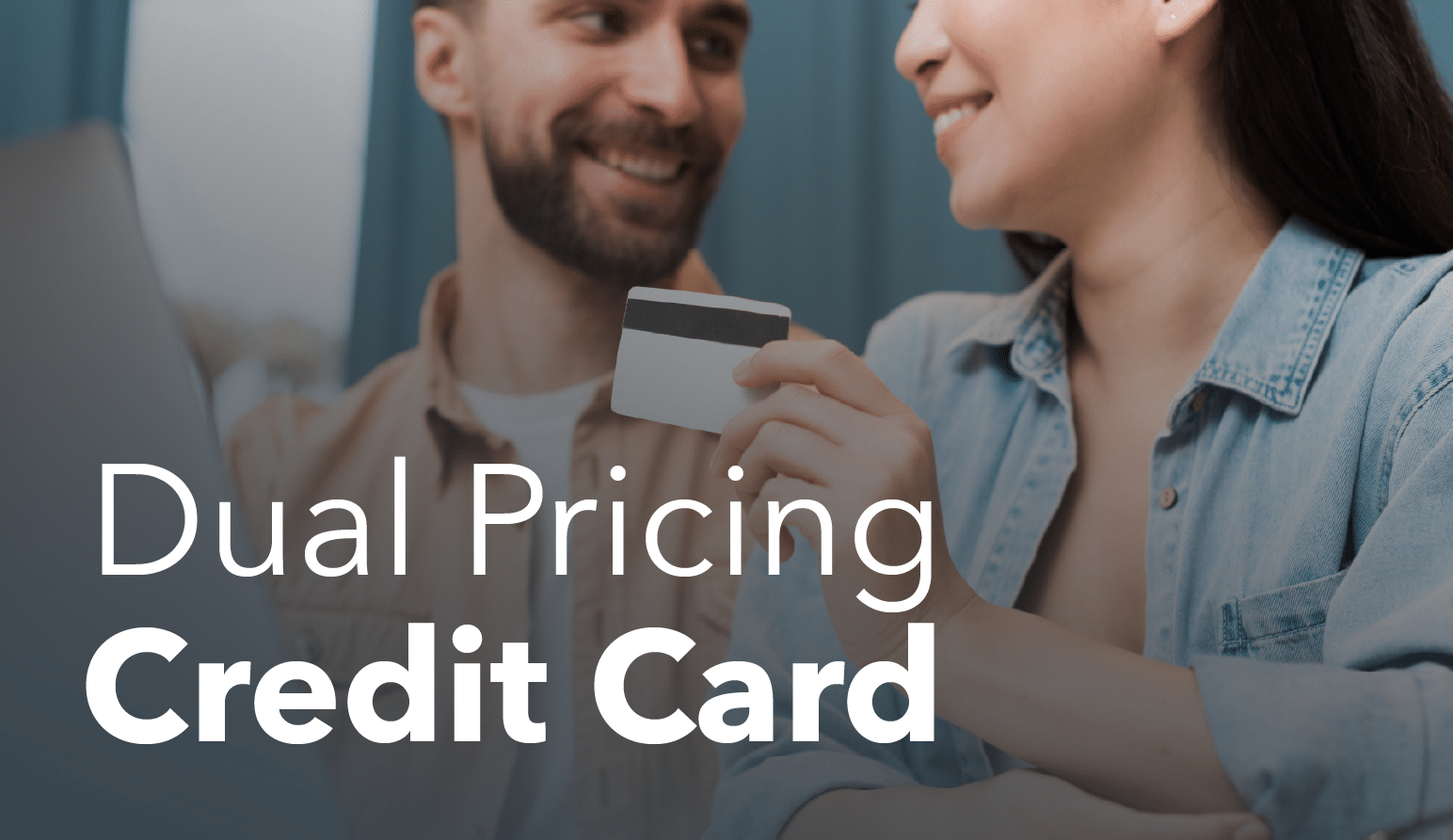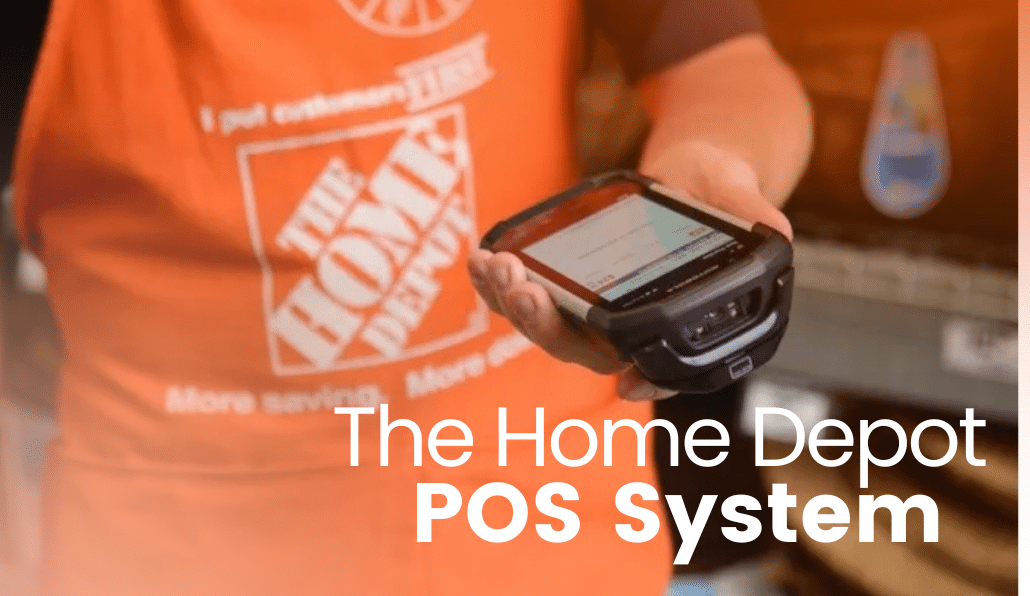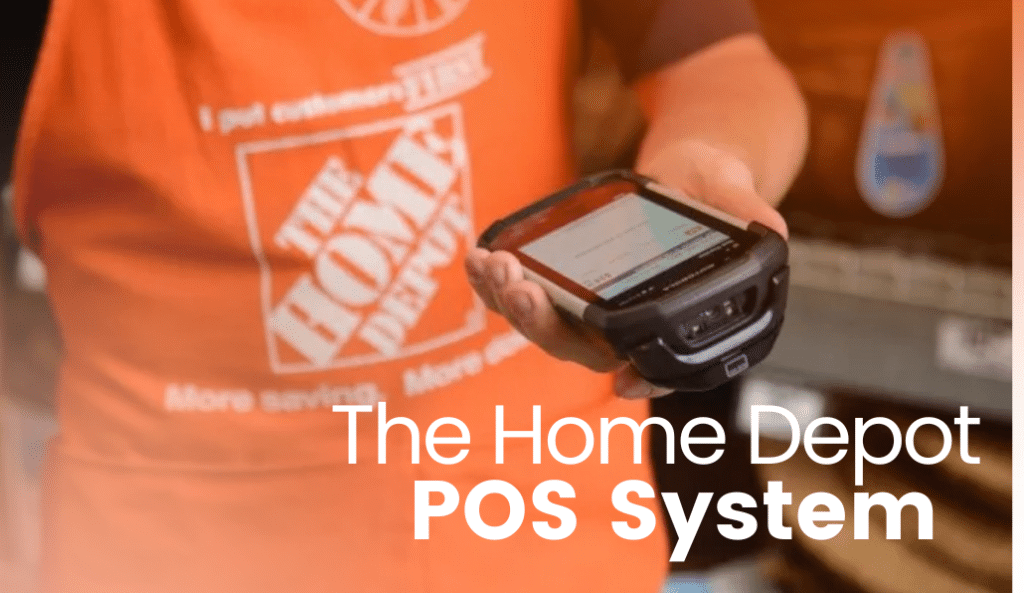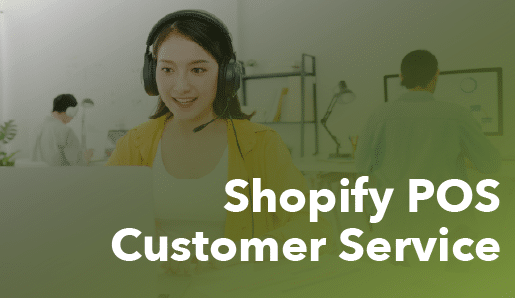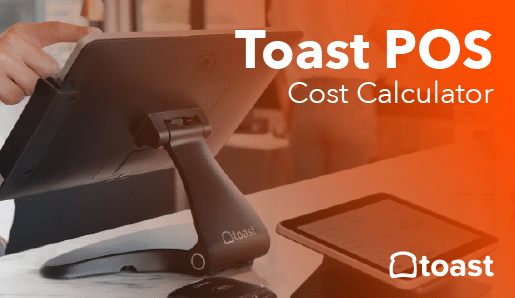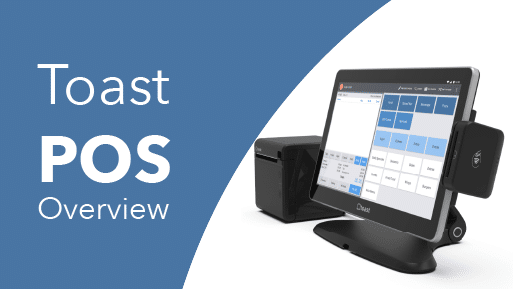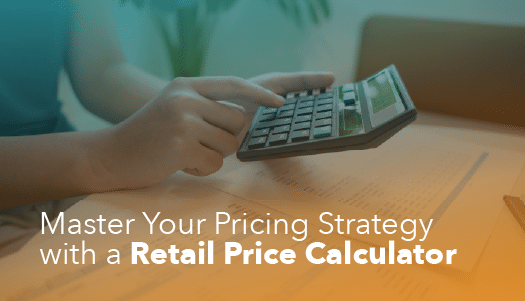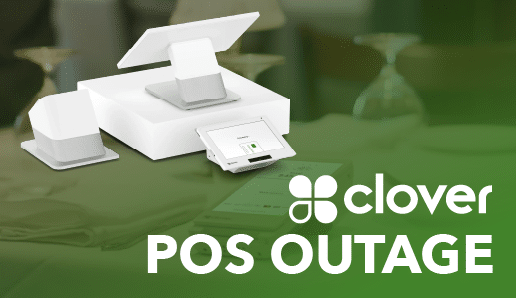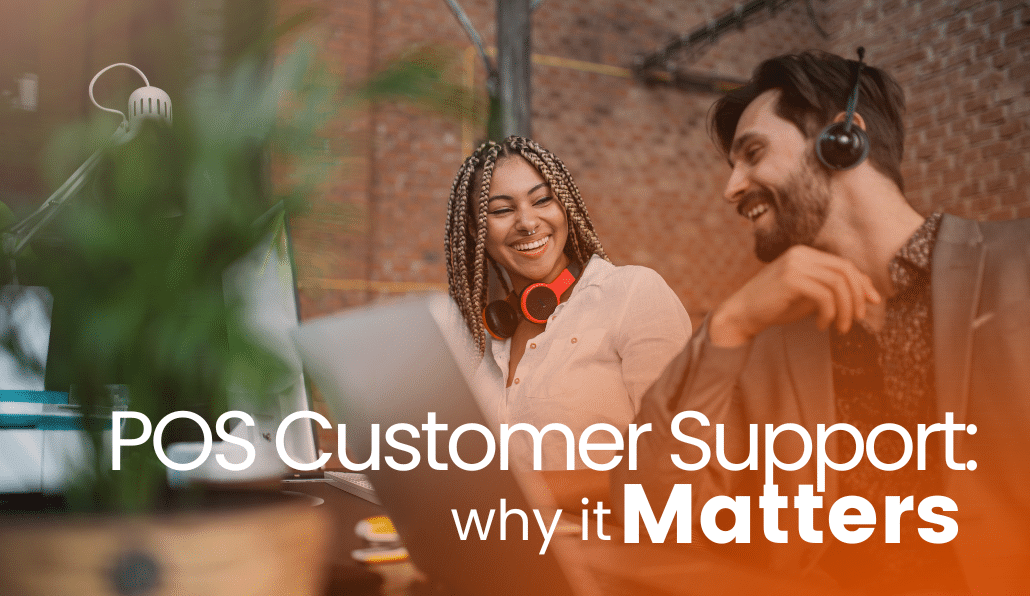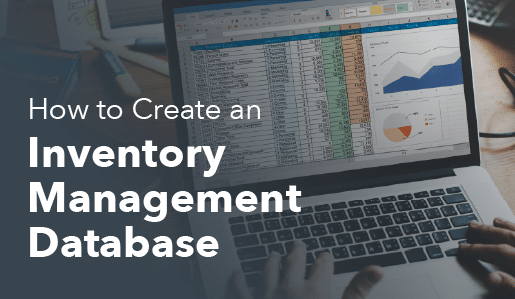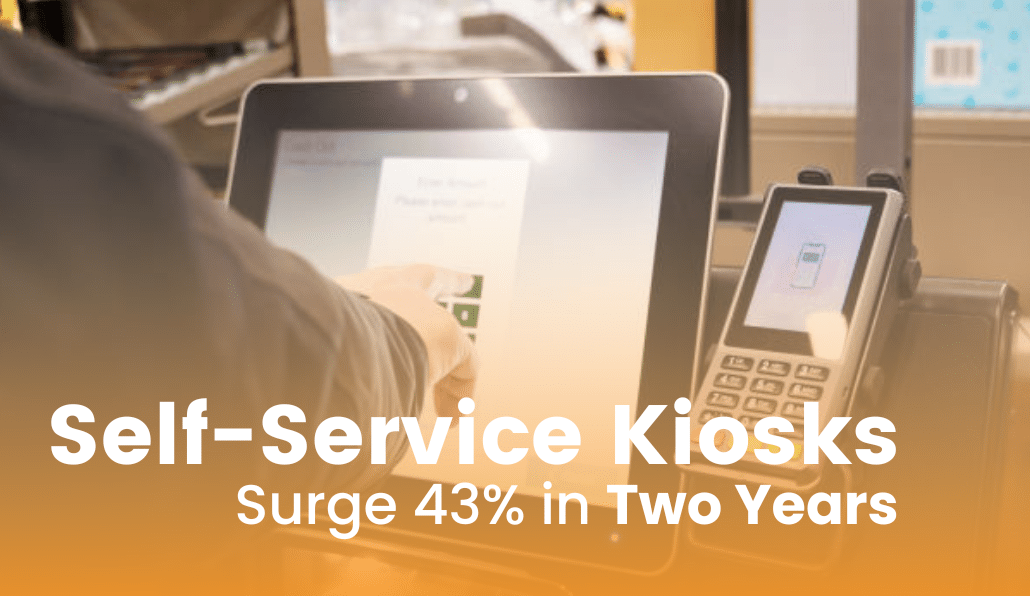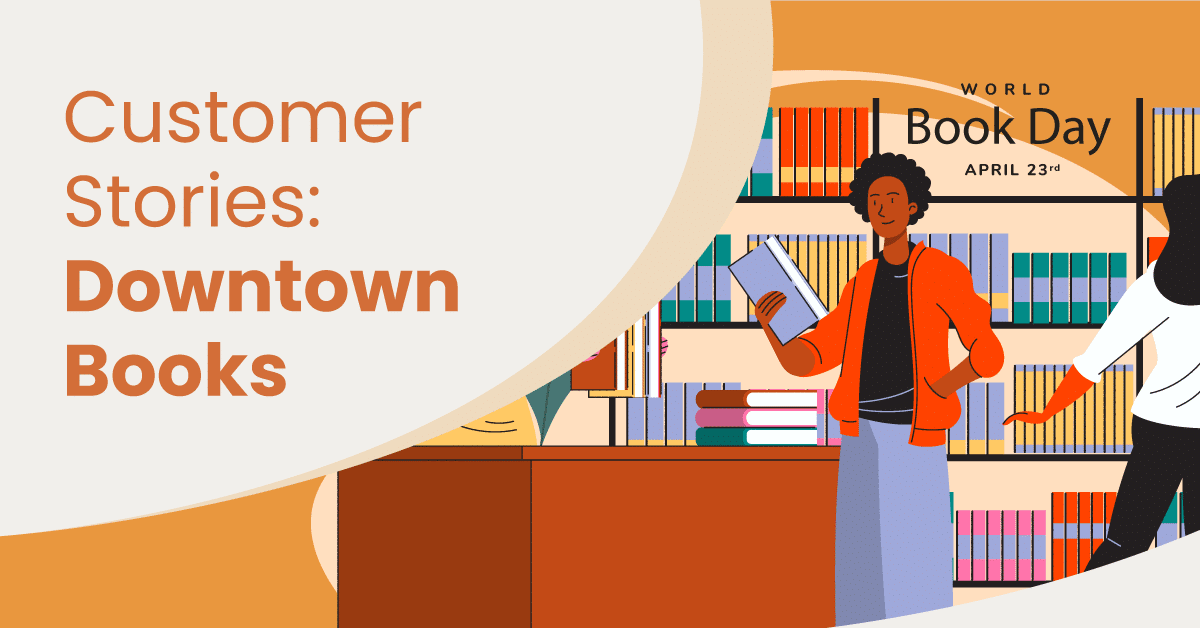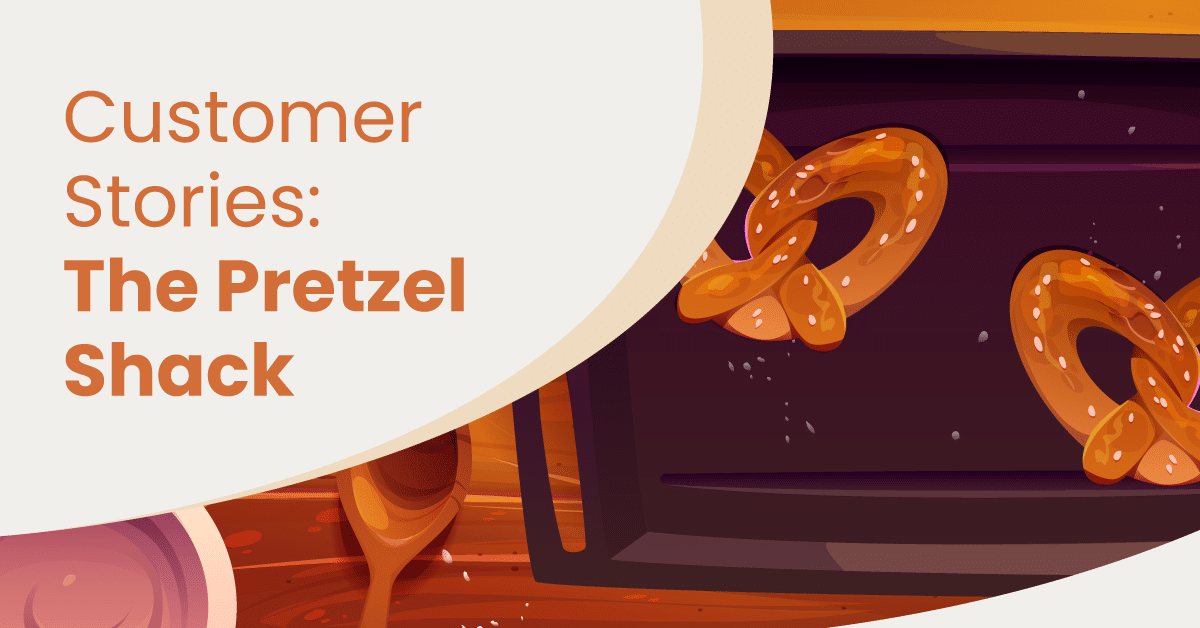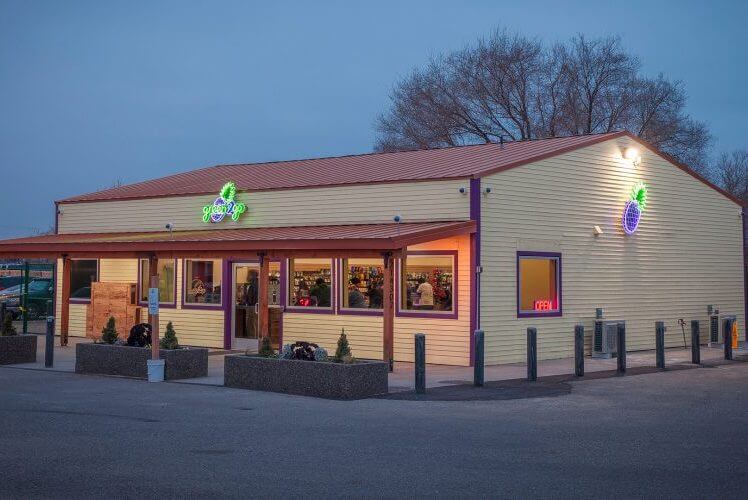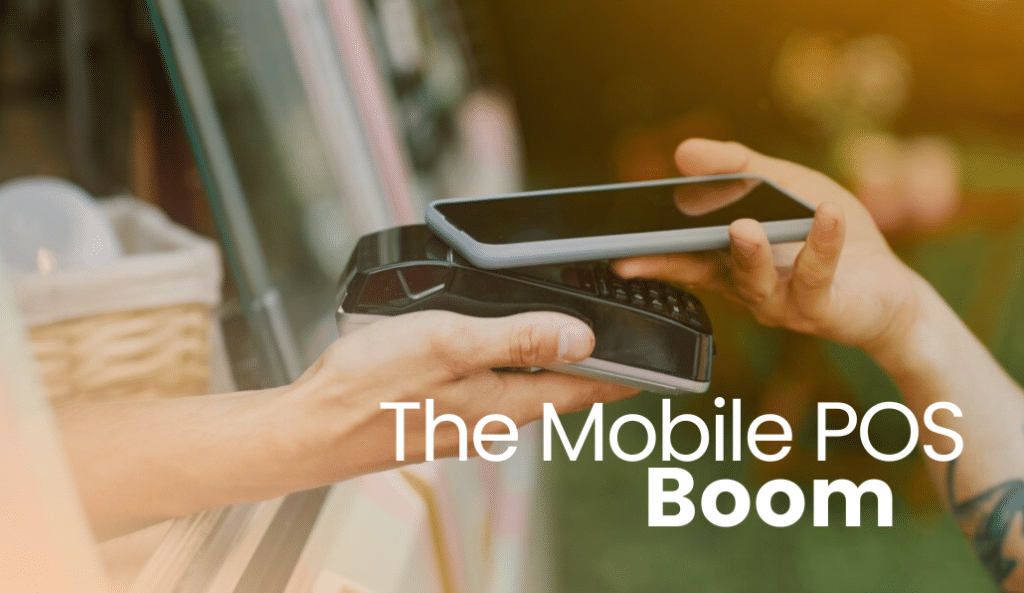All Articles
Trending Articles
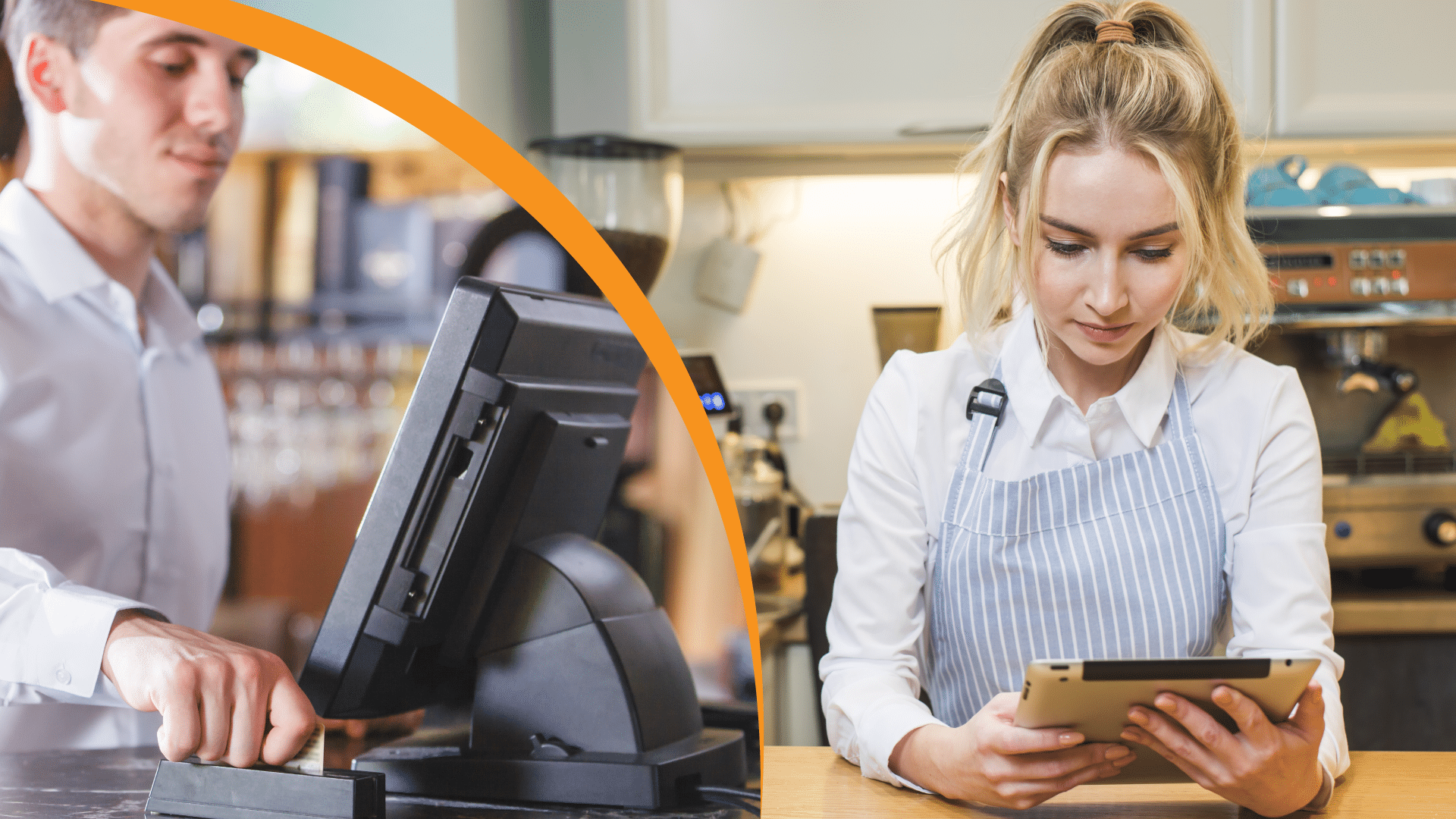
What Is a POS System and How Does it Work? Everything You Need to Know
A point of sale (POS) system used to be a cash register that simply recorded the day’s sales and organized your cash into sections. With today’s technology, however, a POS ...
Best Point Of Sale Systems

Rain POS Pricing in 2026: Pros, Cons, Features & Hidden Fees
Key Takeaways: If you’re researching Rain POS pricing and features, here’s the direct answer: Rain is a vertically focused POS system for specialty retailers, but pricing requires a custom quote ...
Point of sale Solution Alternatives

Rain POS Pricing in 2026: Pros, Cons, Features & Hidden Fees
Key Takeaways: If you’re researching Rain POS pricing and features, here’s the direct answer: Rain is a vertically focused POS system for specialty retailers, but pricing requires a custom quote ...
Point Of sale Product Comparisons
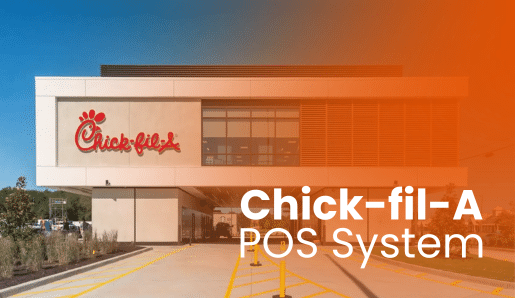
Chick-fil-A POS: Which System Do They Use? Overview, Key Features, Pros, Cons & Alternative
Key Takeaways: If you’ve ever wondered how Chick-fil-A moves cars through a drive-thru line at record speed, the answer starts with its POS system. The Chick-fil-A POS system is a ...
Point of sale Product Pricing Guides

Rain POS Pricing in 2026: Pros, Cons, Features & Hidden Fees
Key Takeaways: If you’re researching Rain POS pricing and features, here’s the direct answer: Rain is a vertically focused POS system for specialty retailers, but pricing requires a custom quote ...
Testimonials

Chick-fil-A POS: Which System Do They Use? Overview, Key Features, Pros, Cons & Alternative
Key Takeaways: If you’ve ever wondered how Chick-fil-A moves cars through a drive-thru line at record speed, the answer starts with its POS system. The Chick-fil-A POS system is a ...
Inventory Management
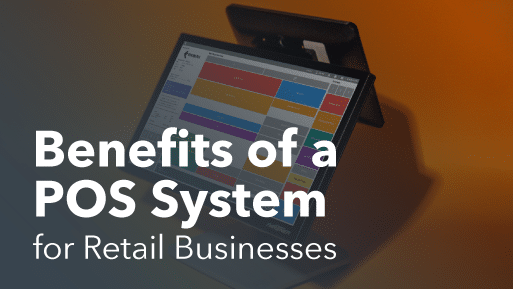
12 Benefits of a POS System for Retail Businesses (2026)
Still using a cash register? A POS system replaces outdated checkout methods with automated processes that cut costs, prevent errors, and give you visibility into your entire business. Learn how ...
Credit Card and Payment Processing

How to Become a Credit Card Processing Agent: 7-Step Process (2026 Guide)?
Becoming a credit card processing agent offers recurring income with low startup costs. You’ll learn the difference between agents and ISOs, the benefits and requirements of the role, and a ...
Point of Sale Features and Tools

How to Become a Credit Card Processing Agent: 7-Step Process (2026 Guide)?
Becoming a credit card processing agent offers recurring income with low startup costs. You’ll learn the difference between agents and ISOs, the benefits and requirements of the role, and a ...
Downloadable eBooks and Guides
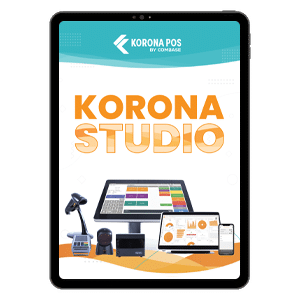
The KORONA Studio Back Office Guidebook
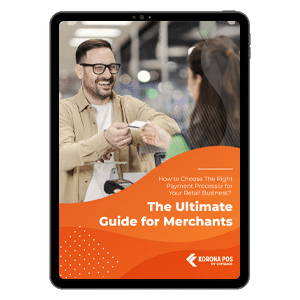
Understanding Credit Card Processing eGuide
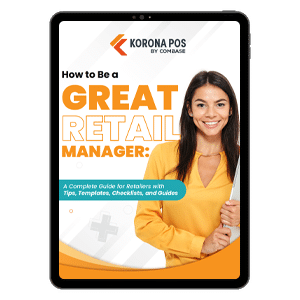
A Guide On How To Be A Great Retail Manager
Testimonials
"I’ve never worked with a company that has been as focused on customer service. When we call you guys the response has been phenomenal If I could just choose companies based on how they provide customer service, you’d be the top of my list."
– Jennifer from Duplin Winery
Industry News
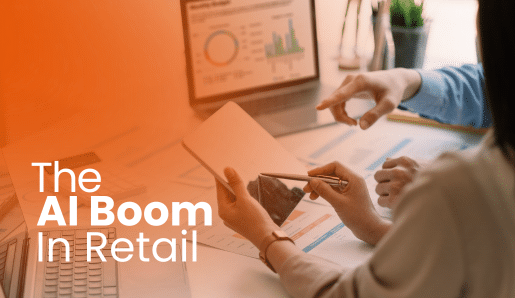
The AI Shift in Retail & What It Means for POS Systems
Key Takeaways: Artificial intelligence (AI) is here. And in 2025, it transformed from experimental technology within point of sale and retail operations into practical, everyday tools that boost revenue, efficiency, ...
Find the Right POS Solution for Your Business


